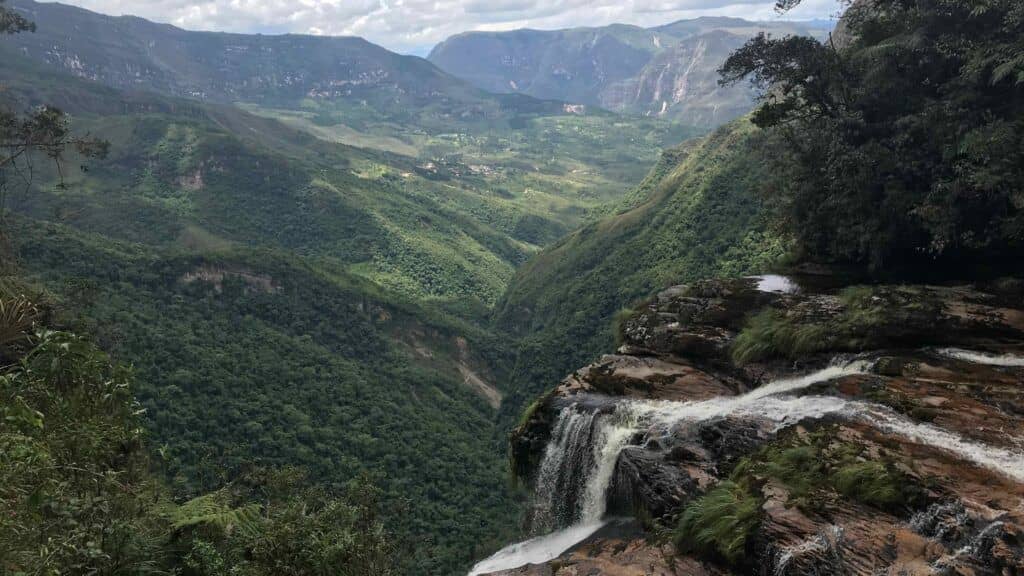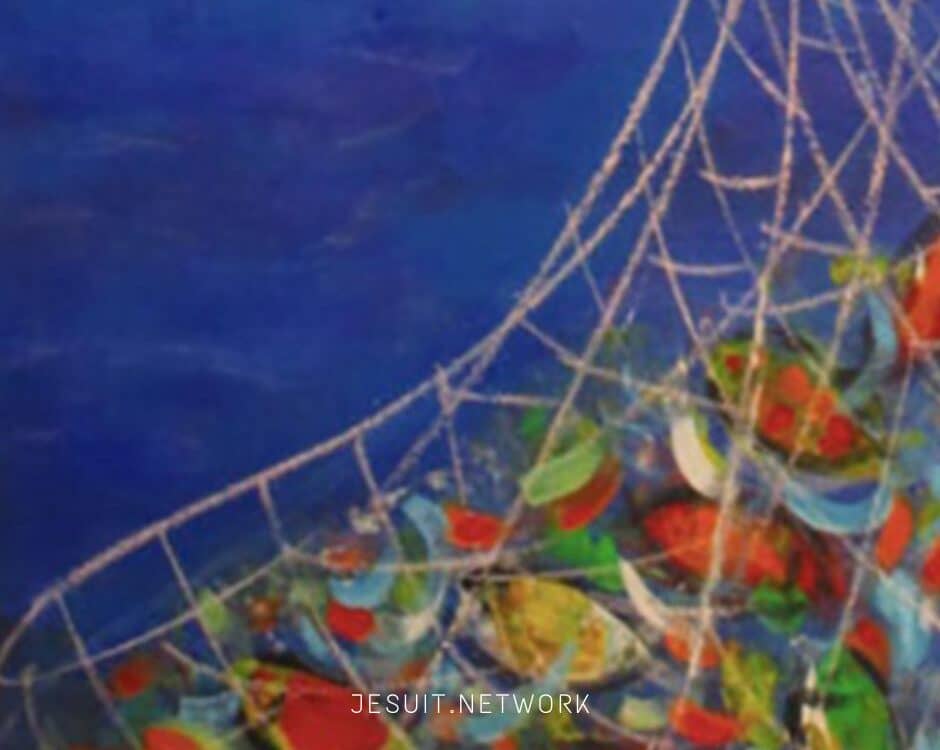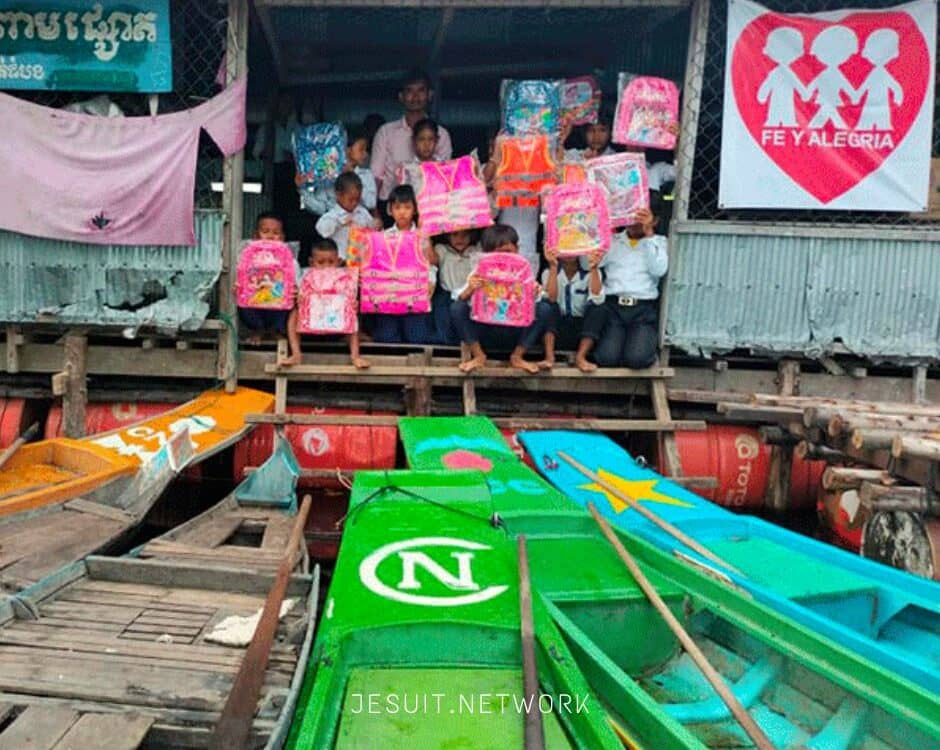This website uses cookies so that we can provide you with the best user experience possible. Cookie information is stored in your browser and performs functions such as recognising you when you return to our website and helping our team to understand which sections of the website you find most interesting and useful.
Ecclesial networks alliances for integral ecology
Anyone reading this editorial is in practice participating at least minimally in networking. Networks help people get interested in work elsewhere and share their experiences, but there needs to be commitment to sustain engagement. Ecojesuit has been networking in different forms for the last 10 years and is always looking for ways to deepen and strengthen its sense of collaboration and service.
Watching the experience on a grand ground scale of Red Ecclesia Panamazónica (REPAM) over the last six years with hundreds of consultations has been very encouraging but also frustrating. How do we, in another part of the world, get such a massive network to grow without getting lost in the confusion of constantly new questions, topics, persons, organizations, structures and messages that can emerge?
The small gathering on 3 November hosted by the Laudato Si’ Research Institute, Campion Hall, University of Oxford was a learning in practice and the contribution by Cardinal Michael Czerny, Towards territorial Church networking for integral ecology, focused well on the topic. I have taken the liberty to select some quotes that contributed to the process of calling for broader engagement from the ground and seas in caring for creation.
In the light of Laudato Si’ it is very important to work and see that “All people, whatever their religion or none, are potential ‘allies in the commitment to defending human dignity, in building peaceful coexistence between peoples and in protecting creation.’” (Evangelii Gaudium 257)
This is a beautiful vision of how and what the Church is – it’s about humanity and seeks to engage humanity in the dignity of people and protection of creation not as dogma, but as what is most deeply human. So the local church can now talk in the context of biomes as a context for human dignity and integrity of relations with creation. This is such an inspiring achievement in the life and mission of the Church and shares in the hope of all humanity.
All people, whatever their religion or none, are potential allies in the commitment to defending human dignity, in building peaceful coexistence between peoples and in protecting creation.
There is a reference to the joint pastoral care called for in the Amazon basin as laid out in the Aparecida Conference 2007 Final Document:
475. Create consciousness in the Americas of the importance of the Amazon for all humankind. Establish a collaborative ministry among the local churches of the various South American countries in the Amazon basin, with differentiated priorities for creating a development model that puts the poor first and serves the common good. Support with the necessary human and financial resources, the Church that lives in the Amazon so that it may continue proclaiming the gospel of life and carry out its pastoral work in forming lay people and priests through seminars, courses, exchanges, visits to communities, and educational material.
Michael Czerny’s involvement with networking in difficult areas goes back a long way. With these experiences, he shared that all the elements in establishing networks “…can all be summed up in a slogan, ‘No real network without a pastor or shepherd,’ that is, someone(s) with a vocation and obsession to make it happen… Genuine networking is generated by listening, listening, listening and so by responding, linking, participating, forming, nurturing leadership, etc. The hub serves the people and helps to network them.”
So here is a different language for running a network, one of shepherding. He speaks of a light but firm touch of staying in constant communication, simple and well-defined, with consensus and direction and maximum subsidiarity. The emergence of this type of networking with the larger landscape of life across the planet where we need to integrally know the seasons, flows, and life of the peoples must not leave any biome out.

Cardinal Czerny also expressed that “networks require a long term view. They need continuity in institutional accompaniment, a certain consistency in their light structural base, and a systematic presence of the leaderships that animate and accompany them… Each one must listen to its people and observe its territorial realities; keep on discerning; and bravely help everyone involved to carry out the commitments constantly being made and remade.”
These networks open up an exchange of great importance in the context of a living faith, showing that action is everywhere and that we can truly engage in making a difference, whether it be in bring the stories of the people into discussions of the Sustainable Development Goals, or the climate talks process (Conference of the Parties or COP to the UN Framework Convention on Climate Change).
By organizing along the lines of biomes, so many more people of goodwill are able to understand and contribute, with a respect of cultures and not just the integrity of the ecosystems.
“Territorial Church networks strive to bring people together as believers, inhabitants and citizens in a territory to face the problems that are beyond the capacities of any single state or jurisdiction. Biome networks are new tools to help project new paths for God’s people rebuilding our common home together.”






3 Comments
Central Region CLC has also discerned Integral Ecology as our focus for the next three years, with special focus on potable water for Indigenous communities. We are very willing to collaborate. Susan
Hi Susan, thanks for your comment, wonderful to hear about the Central Region CLC’s focus on Integral Ecology! Your comment was shared with Pedro Walpole SJ. It would be good to explore this further through his Ecojesuit email: ecojes.coordinator(at)gmail.com, cc Brex Arevalo: ecojes.networking(at)gmail.com. All the best and stay safe, Sylvia Miclat (for Ecojesuit online)
Hello both, as we have stated in our last post https://jesuit.network/grupos-de-trabajo-internacionales/ you will find ecological international groups in the three main secretariats at the global level. It would be worthy to explore this synergy with CLC.